My family owned a tailor shop in LaGrange, GA. My paternal grandfather, “Daddy Mike” Frosolono opened the shop in the 1920s. My father, Cecil Frosolono, and my paternal grandmother, “Mama Ruth” Frosolono, worked in the shop until after Daddy Mike retired and Cecil died in 1963. Subsequent to Cecil’s death, the family closed the shop. I worked in the family business from the time I was six years of age until I the fall after I graduated from high school. I occasionally worked in the shop while in college.
I began my work as a pick up and delivery person. That is, I would walk to various stores in town and bring clothes back to the shop for alterations. I returned the clothes to the stores when the alterations were completed. No one in the city thought it was odd or dangerous for me to be on my own in the downtown area.
Once strong enough to lift the 17-pound iron used to press the clothes, I took on that task after school, and on weekends and holidays while continuing my pick up and delivery tasks. I learned to measure men’s inseams and how to mark trousers with tailor’s chalk for cuffing. In those days, most men wore trousers with cuffs. I learned to measure and markup waists for alterations. As time progressed, I moved on to develop the necessary skills for performing the cuff and waist alterations on one of the three industrial sewing machines in the shop.
Did I like this work? Definitely not, but my father and grandmother insisted I work in the shop with the constant mantra, “Keep the money in the family!” The pay was not generous, in my opinion. During non-busy seasons, I had plenty of time between tasks to indulge my passion for reading novels, despite Mama Ruth’s imperative to read only the King James Bible, a command I ignored to her continuing displeasure.
Slow to Change
By the time I entered LaGrange High School, I had already begun to question the validity of segregation and black inferiority, topics I quickly learned not to discuss with Cecil and Mama Ruth. The end of my sophomore year at LaGrange High School coincided with the Supreme Court of the United States (SCOTUS) ruling, in Brown v. Board of Education, that the “separate but equal” school systems much loved by many white citizens in southern states and in some other jurisdictions were unconstitutional. The civil rights era had begun in earnest and the legal end of segregation was at hand.
The following fall I was in the tailor shop on a busy Saturday afternoon. A very tall, well built, black man dressed in an elegant soft wool business suit came into the shop. He spoke to me, the nearest person to him in the shop, “I have a new pair of trousers that need altering.”
I looked toward Cecil who refused to raise his head from his sewing machine. He said, “Michael, you take care of this boy.”
The remark stung the black customer but I quickly said, “I can do that,” and shrugged my shoulders at the customer. He nodded at me. I took his inseam measurements and asked, “Do you play professional sports?”
“Some,” was the reply.
Cecil jumped in, “Michael, we’re too busy for conversation other than for business.”
I told the customer, “Come back in an hour and we’ll have your trousers ready.” He left without evidencing any visible anger, much to my surprise.
I marked the trousers and brought them to Cecil. He shook his head violently. “You sew ’em up.”
I did my very best. When the customer returned, he examined the cuffed trousers with evident satisfaction. I asked, “Do you want to try on the pants to make sure they fit?” I knew this question would irritate Cecil but, what can I say, other than that I’ve always pushed the limits?
“No,” the customer responded. “I trust you. How much?” I gave him our standard fee for altering trouser cuffs.
When the customer paid me with a hefty tip, I offered my hand. The customer hesitated but did shake my hand, an act I knew would profoundly irritate Cecil. When the customer left, Cecil launched on a tirade about blacks (not his word) and my lack of understanding about the world. I wisely remained silent until he ordered, “Give me the money.”
Figuring I could run out the door before Cecil could get to me, I asked, “Why should you have the money? I did all the work.”
“It’s my tailor shop. Give me the money.”
Not willing to let the issue rest, I asked, “You’ll take money from Negroes but you don’t want anything to do with them?”
“I don’t care if blacks (again, not his word) never come in this shop again. I don’t need and I don’t want their money.”
So much for economics, I thought. “See you at home tonight,” I said. I walked out of the shop with the money in my pocket. Dinner was difficult that night but I ended the acrimonious conversation by declaring, “I’m not giving you the money. When I’m in the shop and a Negro customer comes in, I’ll do the work and keep the money because you don’t want it, so you say.”
For one of many times, I thought my father—much bigger physically and stronger than I—was about to hit me. I quickly got up from the table and left the house, not to return until midnight. My mother was waiting for me. “You hurt your father very much,” she said when I came in the front door, slightly inebriated from the several beers I had drunk with friends.
“That’s his problem, not mine.” Mother shook her head sorrowfully. I said, “If you want me to keep living here, you control Cecil, otherwise to hell with him.” She and Mama Ruth brokered a tenuous peace for much of the subsequent years until Andrea and I married before we moved to Chapel Hill for graduate school.
The End of the Beginning
When the British armies defeated the German General Rommel’s Afrika Korps in the second battle of El Alamein in Word War II thereby securing Africa for the Allies, Prime Minister Winston Churchill declared, “Now this is not the end (i.e., of World War II). It is not even the beginning of the end. But it is, perhaps, the end of the beginning.”
Keeping in mind my father’s reaction and the continuing struggle for civil rights across this great country, we can—at best—say that we presently may be only at the end of the beginning with respect to racial relations and full acceptance of citizens of all races into full equality under the Constitution. I think many persons across the United States still agree with my father. Legislation alone cannot solve social issues: We need changes in hearts and minds.
With that thought in mind, we come to the expected ruling from SCOTUS later this month on the constitutionally of same sex marriage: Regardless of the outcome, we will only be at the end of the beginning for full fellowship under the Constitution for our LGBT brothers and sisters. The struggle will continue but victory will be attained.
Why am I so confident? I remember more about the history of World War II. Once the Allied beachheads in Normandy were secured, the Allies and the German High Command knew the war was over. All that remained was for the Allies to continue their march toward the German homeland, ultimately to meet the Russians at the river Elbe. The war was over, only mopping up operations were needed, even if at the cost of many lives.
SCOTUS rulings on civil rights for citizens of all races and sexual orientation represent beachheads in a great war for equality. Thus, we may foresee the end of that struggle but mopping up operations will take some time.
If you enjoyed reading this blog post, please consider purchasing my novel, Comfort and Affliction on Amazon or Barnes & Noble.
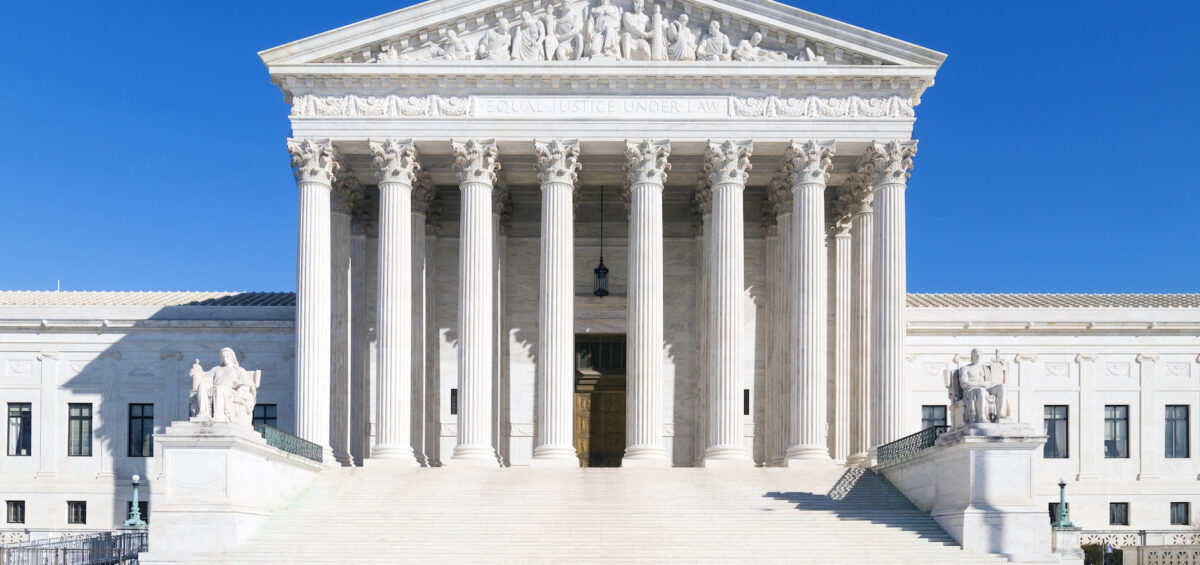

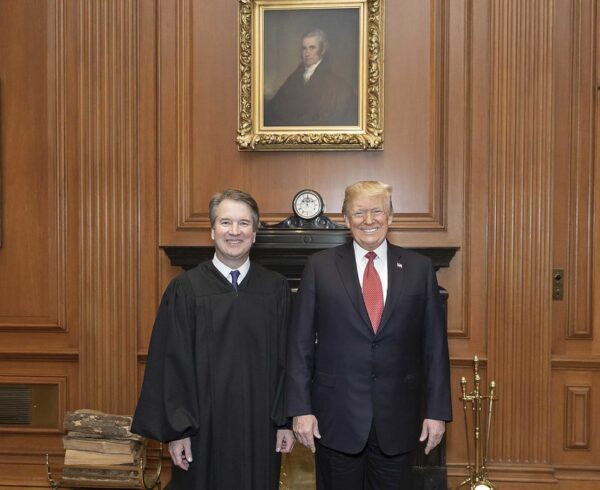



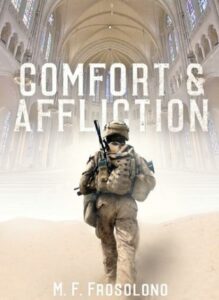

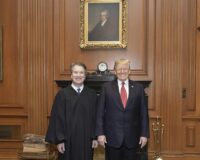
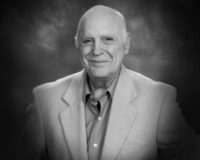
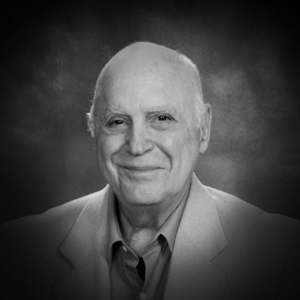
Mike, I grew up in different circumstances and have a somewhat differing view. At this point I have trouble understanding some of the difficulties involved and why it has taken so long to come to this point. Our uniformed services were desegregated in 1947, with generally untroubled results. I went to North Texas and it was desegregated by 1955, a super football player by the name of Abner Haynes made the transition pretty simple. While in the service I was involved with people of differing sex and race without racial or sexual problems, but lots of human relation problems (think differing opinions, use of prohibited drugs, writing bad checks, drinking, etc.).
I don’t think most folks care what others do in the privacy of their own lives, so the sexual orientation question is somewhat baffling to me. The financial questions (spousal support, probating wills, health benefits) are the legal issues that have to be worked out by those involved. I’m not sure how this became a “rights” issue, but since that is what it has become, I guess that is why the legal process is involved. I have always worried about “rights” versus “responsibilities” in these situations. Perhaps that is the balance that will come as an end result.
Have a good day. Ray
Proud to call you a member of my family. Thanks for sharing.
What a story, Mike! I loved every word and I am so proud to call you my friend. xoxo